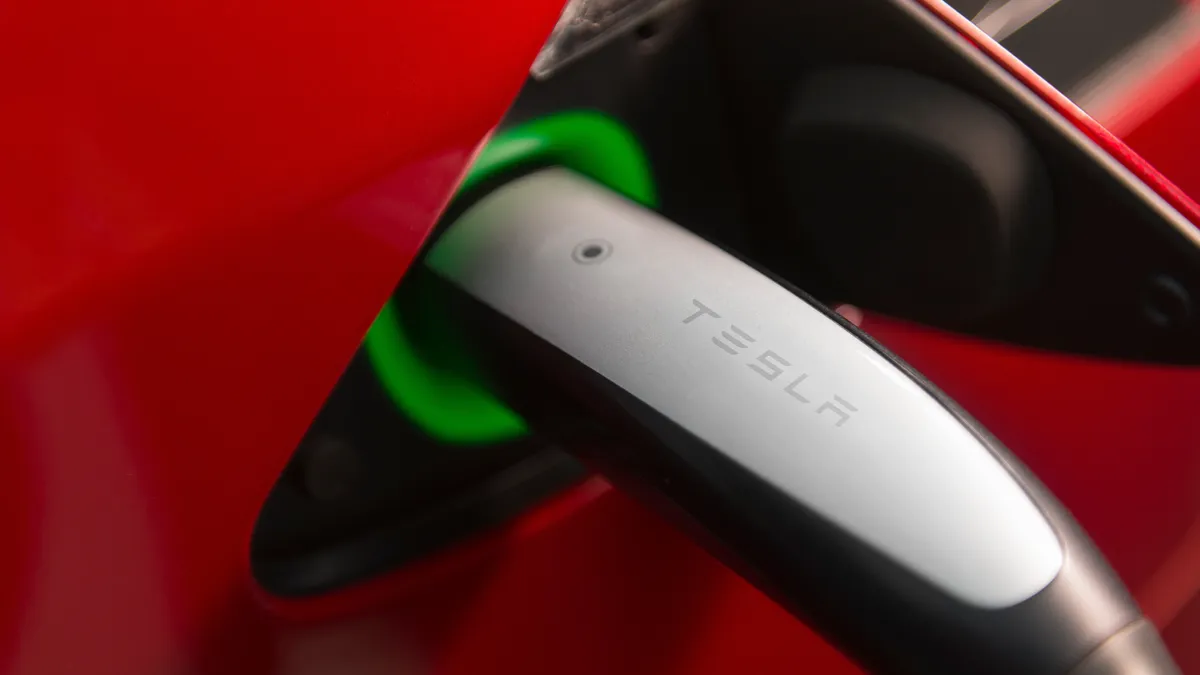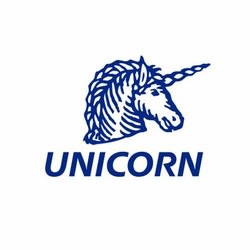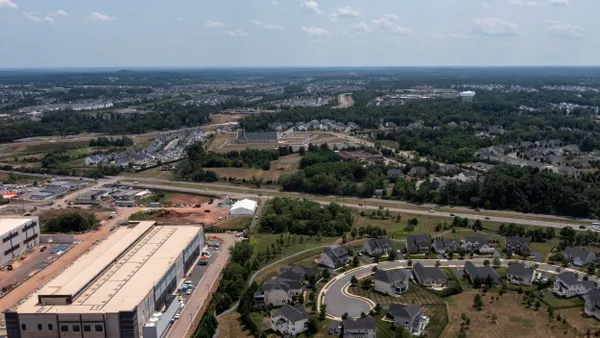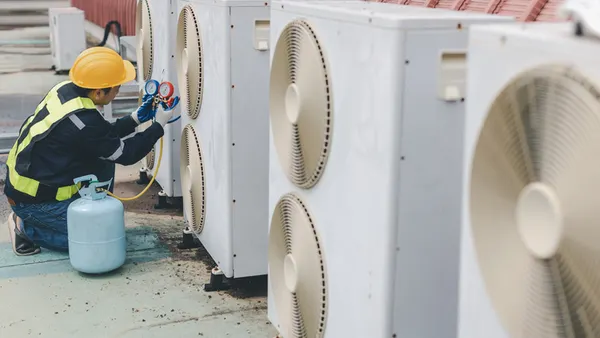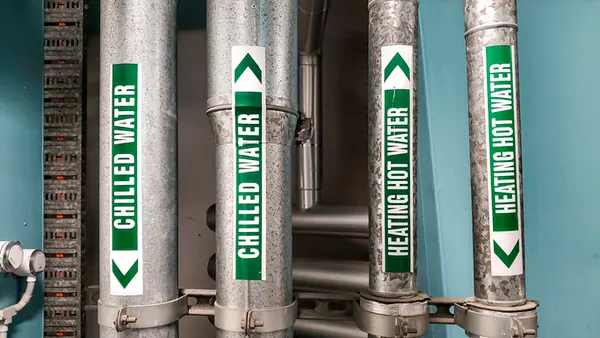Dive Brief:
- The Biden administration wants to know how the widespread adoption of Tesla’s North American Charging Standard could affect its electric vehicle charging standards for projects funded by the National Electric Vehicle Infrastructure Formula Program, according to a request for information published Wednesday by the U.S. Federal Highway Administration.
- The FHWA wants to learn more about the NACS’ technical compatibility with existing regulations and safety, the challenges and benefits of implementing it at charging stations and the projected future demand for Combined Charging System and J1772 connectors.
- The agency also wants input on adopting performance-based standards to “reduce the need for future regulatory updates or changes as technology evolves,” according to the RFI. Comments on the RFI are due April 5.
Dive Insight:
After SAE International created industry standards for Tesla’s NACS last June, most major automakers, including General Motors, Ford Motor Co., Honda Motor Co. and Toyota Motor Corp., announced plans to switch from the Combined Charging Standard plug to Tesla’s North American Charging Standard port for their EVs.
The change, according to some experts, could spur greater EV adoption in the U.S. by improving the public charging experience, which has gotten worse, according to J.D. Power. Tesla’s Supercharger network for EV charging has significantly higher customer satisfaction scores than other networks, J.D. Power found in August.
However, the NEVI Formula Program, which grants money to states to install EV charging infrastructure, requires public charging stations to have at least one permanent CCS Type 1 connector to ensure they are compatible with CCS-equipped vehicles.
While CCS was supposed to be the industry standard for EV charging in the U.S., the NACS is rapidly gaining traction, potentially making the FHWA’s rules — finalized in February 2023 — obsolete. Although the FHWA’s regulations allow states to use NEVI Formula Program funds to install EV charging stations with non-CCS connectors, the shift to the NACS may pose unforeseen implementation challenges.
The agency said a performance-based standard would specify the level of service and vehicle types an EV charging station would need to support but would not require specific connectors.



